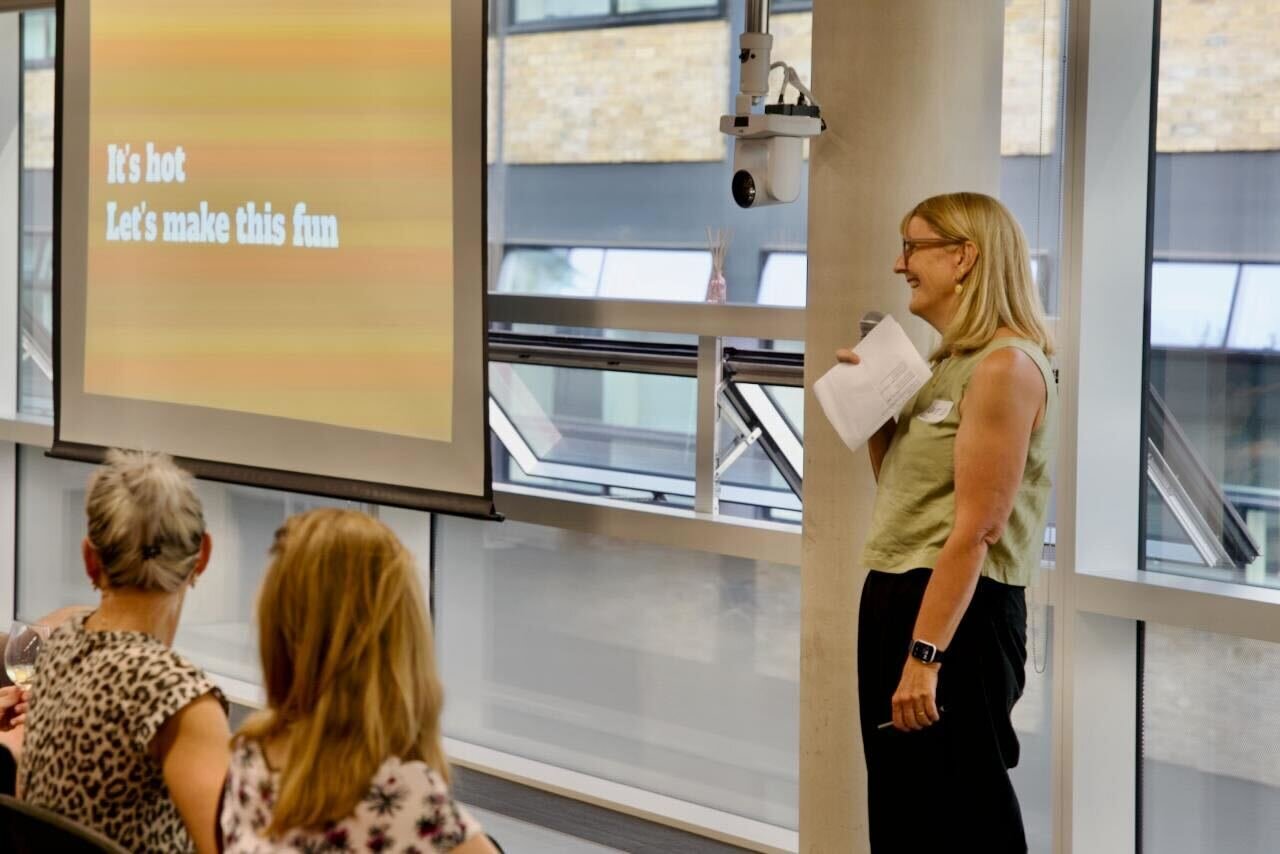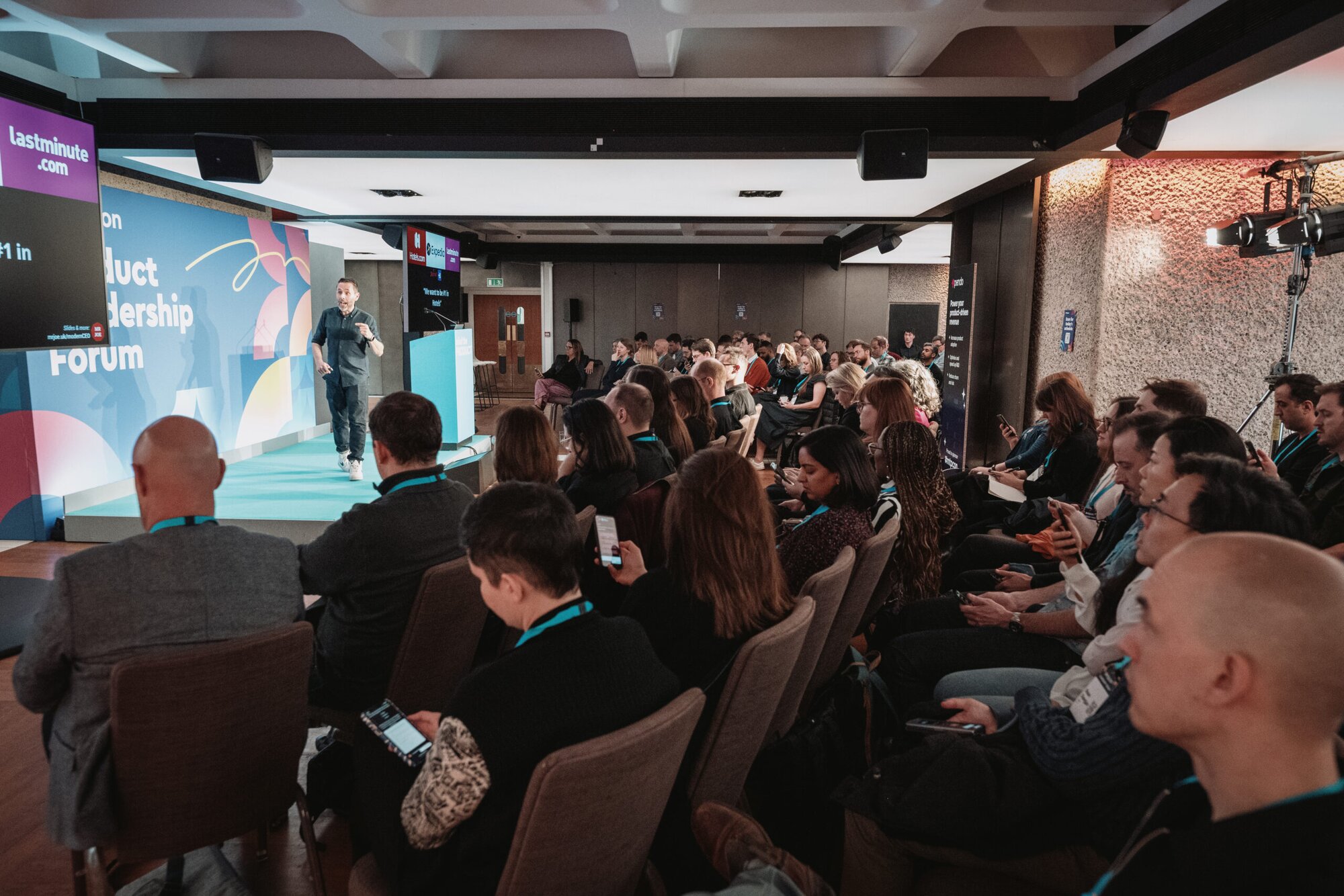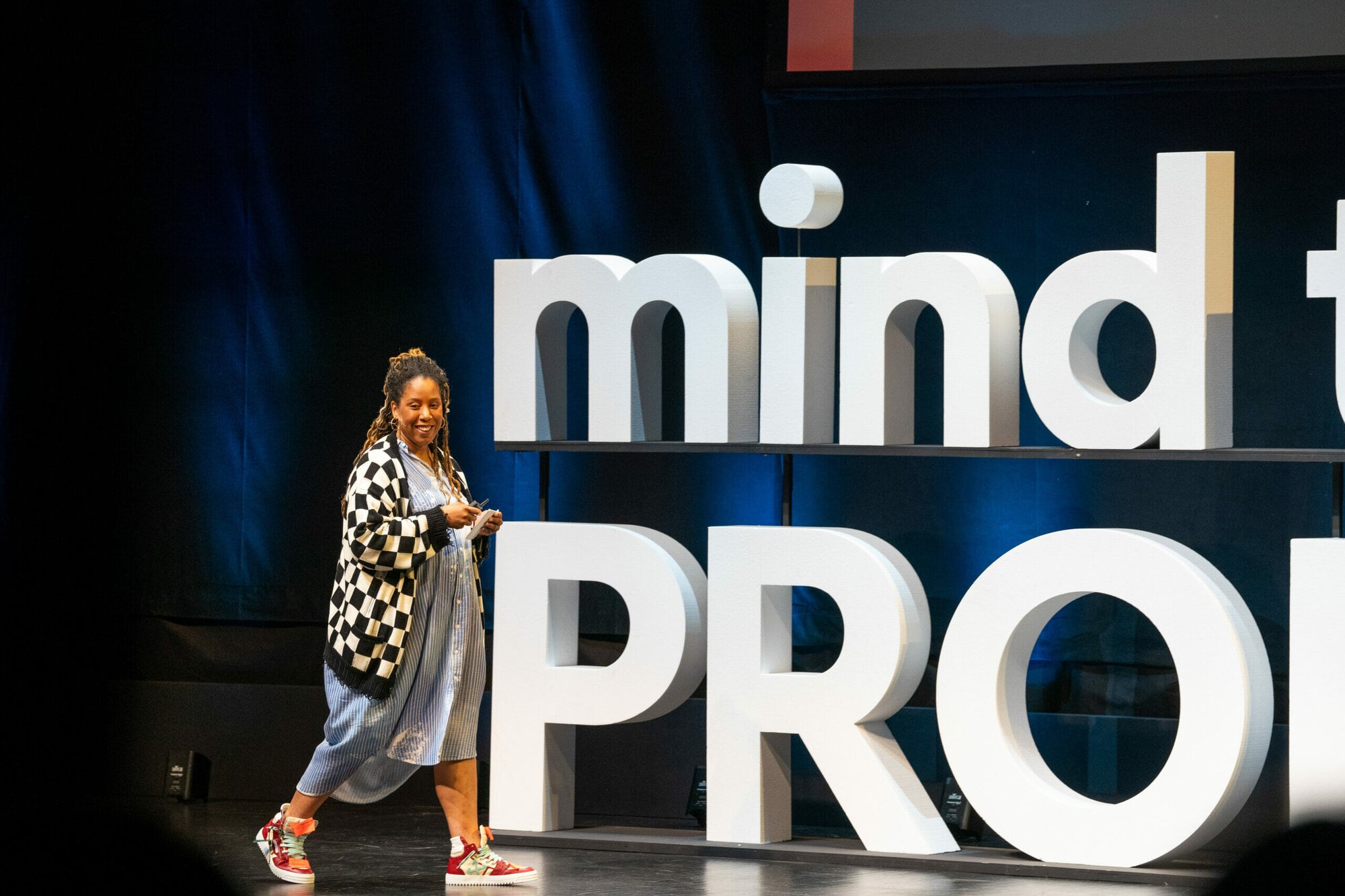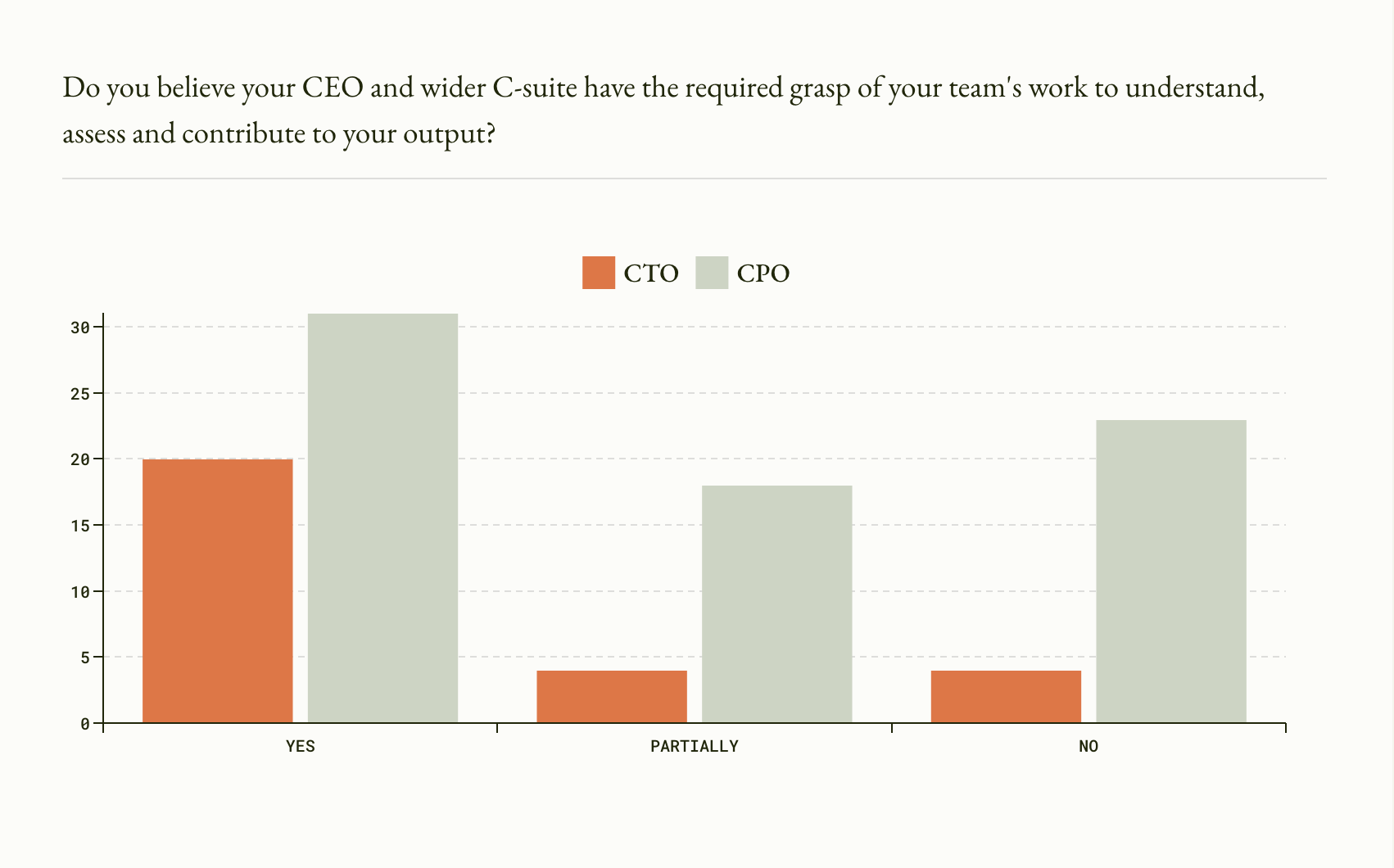“Mentoring others is one of the main but unfortunately still an underutilised responsibility of a product manager once they reach a certain seniority,” says Floriane Gramlich, Director of Product/CPO for Zalando Payments, the fintech arm of fashion retailer Zalando.
Plenty would agree with her, both inside and outside product management. A 2019 survey of 3,000 full-time employees by Olivet Nazarene University in the US found that while 76% of people think mentors are important, only 37% have one. It also found that people who have mentors are happier in their jobs than those who don’t, and other older studies have found that mentees are promoted five times more than those without mentors, while mentors themselves are six times more likely to be promoted.
What are the benefits?
Let’s dig down into some of the benefits of a mentor/mentee relationship.
Employee development
A mentor can offer guidance beyond the specific product skill development offered by a coach or manager. Product management coach Adam Thomas believes it’s critical to have a mentor at every stage of your career. He says it’s enormously helpful to have someone who understands your context, who can ask the right questions and verify that your decision making is sound.
Mutual value
It’s mutually valuable. The mentee has a relationship with someone who has been through similar experiences who can show them how to navigate them more effectively. Conversely the mentor can learn to support someone who's going through similar experiences. Says Floriane: “Mentoring comes with a responsibility that needs to be taken seriously by both mentee and mentor to be mutually beneficial. It requires reflection on what to discuss, a curiosity to learn and teach and a commitment to find time for a focused conversation.” Mentorship, she says, is providing ongoing perspective, support, and guidance via an established relationship with someone who may or may not be your reporting manager.
A channel for objectivity
It’s a channel and outlet that creates objectivity. Mentorship, says Liz Otley, formerly Director of Product Management at g2o.com, is providing ongoing perspective, support, and guidance via an established relationship with someone who may or may not be your reporting manager.
How do you find a mentor/mentee?
Maybe your employer has a formal mentoring programme? They can take a lot of the hard work out of matching mentors and mentees, and have the benefit of being promoted by the business, but the goal of these programmes is slightly different from a less formal relationship. A formal company-led mentoring programme is run for the benefit of the organisation rather than the individual and comes to an end when the employee leaves. If this is your experience, always consider looking for mentors and mentees outside your organisation.
Remember that a poorly run formal programme is likely to be worse than none at all: it’s likely to sabotage the aims of the programme and may well have an adverse impact on employee development, commitment and retention.
Maybe you need more than one mentor? Garima Dhingra, Group Product Manager at Google, comments that product managers are expected to influence across a range of cross-functional partners and execute a wide variety of tasks. “It’s almost impossible for a single person to be good at all these things,” she says. “I would argue that effective product managers need not a single mentor but a range of mentors with different areas of expertise.”
She gives some examples. Perhaps you need a mentor who can help you navigate vertical growth processes, a mentor who is good at managing conflict and influencing, and a mentor who knows all about the subject matter of your product.
Finding a mentor or a mentee doesn’t have to be difficult. All our commentators say they have found their best connections through their peers and networks. Liz Otley comments that some of her best mentors have been either past reporting managers or people she was in peripheral contact with for a role. Adds Garima: “I have personally found the best way is to always be on the lookout when you are in meetings with seasoned PMs/PM leaders and notice if some working styles inspire you.” She also suggests that it’s a good idea to find a mentor/mentee who isn’t that far removed from your work. It means they’re likely to have better insights and context to help you troubleshoot.
Your career is a product
Floriane emphasises that a product manager should treat their career as if it’s a product. She says:” Mentoring starts with the discovery cycle – reflection and internal research to identify problems worthwhile solving – leading to the product design and finally to execution and ideation.”
Zalando’s Director – Client Engineering Platforms Bastian Buch with his colleague and Product Director Jessica Dewald formed the non-profit Mentoring Club in the first months of the Covid lockdown. It provides free mentoring for engineering and product enthusiasts, marketing and communication managers, designers, people managers, startup founders and creative minds. Two and something years into its operation it has nearly 700 mentors and about 7,000 monthly users.
The founders say it aims to be an open community, supporting people who are keen to learn, grow and develop. Mentors are open, give honest and direct feedback and guarantee full discretion. Mentees can easily join and book a session with any mentor through the online platform. Conversations are confidential and relationships are managed between the mentor and mentee.
What about gender and race?
Does gender and race matter in a mentor/mentee relationship? Research suggests that, in a mentoring relationship, race is important for ethnic minorities and gender is important for many women.
There’s some old research showing that female mentors provided greater personal and emotional guidance than male mentors and that female mentors provided career development facilitation to a greater extent than male mentors. There’s also research from US academic Stacy Blake-Beard on mentoring in education which found that many women felt that having a mentor of your own gender or race was important.
It can be inspiring to have a relationship with someone more senior and more successful who looks like you. It’s a pertinent consideration when matching mentors and mentees.
How do you build a strong relationship?
Like any other professional relationship, the one between mentor and mentee must be based on trust and mutual respect. The best relationships are those where mentors make time for their mentees because they want to help.
Garima suggests that mentees should take an interest in their mentor’s area of work. It’s a two-way relationship after all. She says giving a mentor feedback on what does and doesn’t work for you should be helpful, and that you should both always do some preparation for your meetings. “Showing up to a mentorship discussion without any agenda could easily erode trust,” she says. She adds that it’s absolutely fine to cancel meetings if neither of you have any agenda items, or even just to send a note by way of an update if you feel no meeting is needed.
Dos and don'ts of mentoring
A mentor/mentee relationship should be a positive one that brings benefits to both of you. Here are some pointers to keep you on the right path.
Do always treat your career as if it’s a product. This talk by Adam Warburton, Chief Product Officer at Vypr, is germane here, Treat your career like you treat your products.
Do keep in mind that mentoring will teach you to be a better leader. So you should slow down and make time for someone else. Liz Otley comments: “It not only provides an opportunity to develop critical leadership skills for someone who you may not manage on a day-to-day basis, but also means you get a perspective of problems that may exist in other organisations or teams.”
Do think about what you want out of the relationship and set expectations accordingly. Liz Otley says as a mentee you should think about issues like whether you want to move from individual contributor to director? Whether you want more technical experience, or if you want to become a subject matter expert? “Think about it in the context of what you need long-term and what you want to get out of the relationship,” she says.
Do prepare for meetings. It can be a waste of everyone’s time if you don’t, and also speaks volumes about your commitment and your perception of the value of the relationship.
Do establish a regular cadence for meetings. There’s no good or bad cadence here, just so long as it’s mutually agreed. As Garima says: “The frequency is entirely dependent on how much support you need.”
Do set clear standards. “Challenge your mentee to come to you with problems and ideas,” says Adam Thomas.
Do respect boundaries – your mentor/mentee is not your friend. Always put some structure into your conversations. This is not just a casual meet-up for a coffee and a catch-up with a pal.
Do be patient and make sure people have the resources they need. Adam comments that a mentor should always remember that they were where their mentee now is at some point in the past, and that they also once thought they knew it all.
Don’t just pay lip service to the idea. This can be an issue for organisation-driven formal programmes. As we said previously, a poorly-run mentoring programme can be worse than none at all.
Don’t conflate mentorship with coaching. This is a common mistake. Coaching is the act of real-time skill development based on real-scenarios. Liz Otley gives an example of coaching: “You present a topic to stakeholders, and afterwards, your coach provides specific feedback for how you can improve your skills. Typically, coaching should be done by someone who is on the ground with you and can understand the distinct context of how a situation plays out like a reporting manager or peer.” A mentoring relationship works best when people aren’t involved in each others’ day-to-day activities, she feels.
Don’t carry on if there’s a mismatch. If the mentor and mentee have different values, ways of working or whatever it is that makes alignment between the two of you difficult, then call it a day. Liz says she’s had an occasion when, as a mentee, she felt she wasn’t getting what she needed out of the relationship. “I asked a lot of questions, but got short answers and ultimately, our personalities did not ‘vibe’. I discontinued the conversation and left it positive, but at the end of the day, it wasn't worth this person's time or mine to continue our relationship.”
Floriane adds a mentor’s perspective: “I say no if somebody is not willing to improve, or if they’re just using me as a mentor to accelerate their career, for example. I always ask, ‘what is your motivation, what do you want to do?’.”
Don’t beat yourself up if it’s not working. Floriane says you may find you mentor someone who refuses to listen and learn from the feedback they get. She says: “It can seem like personal failure, but there are limits to what you can do if someone won’t make the investment and isn’t willing to reflect.”
Pay it forward
Above all, a mentoring relationship should be mutually beneficial. It requires commitment, reflection and curiosity from both parties, as well as a willingness to teach and to learn. Liz Otley comments that her mentors have helped her hugely recently: “My mentors have helped me navigate choosing my next career move based on what they know about me and my individual preferences, and provided that objectivity when I was clouded in my own career trajectory.”
Floriane sums it up when she says: “The mentors I’ve had during my career have had a bigger impact than my people managers. I learned from them different aspects, from company politics, career progression or advice on how to build and ship better products. Now I see it as my responsibility to help others to learn and grow.”
Further resources
Why Your Mentorship Program Isn’t Working
Six reasons why mentoring programmes fail
Lessons in fearless leadership
The power of mentoring – DeVaris Brown on The Product Experience







